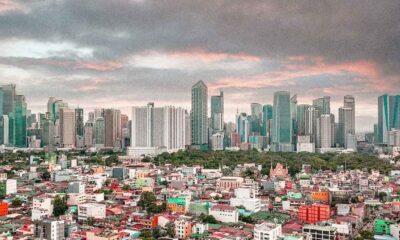News
PH to Benefit From US-China Trade Tension: Diokno
The US-China trade war is seen to have a limited impact on the Philippine economy and is even considered to benefit the domestic economy in the long run.
Bangko Sentral ng Pilipinas (BSP) Governor Benjamin Diokno said bilateral trade with both countries accounts for over 25 percent of Philippines’ total exports and imports since last year, primarily on electronics and machinery exports.
He said that “even in the context of retaliatory tariffs between the US and China, the country’s exports have remained broadly stable.”
Citing data from the Philippine Statistics Authority (PSA), Diokno said electronics exports account for more than half of the country’s goods exports.
Diokno said these export products “continued to perform well in 2019, notwithstanding its link with global production networks.”
“This phenomenon can be attributed to the Philippines’ low exposure to products targeted directly by US tariff actions against China. The exposure is estimated at a low of 0.5 percent,” he said.
Diokno said this situation explains why the country is among the least affected economy to the ongoing trade tension between the world’s largest economies and “supports IMF’s (International Monetary Fund) view that the country’s low participation in global trade as well as in global value chains relative-to-peers seems to explain why the Philippines has not been negatively impacted by the US-China trade war.”
He, thus, noted that “in the long run, the escalation of the US-China trade war and the coronavirus pandemic, could have a positive impact on the Philippine economy.”
He said “both events have prompted a re-evaluation across countries of the existing global supply with firms possibly moving toward reducing dependence on any single country.”
“This current wave of revamping global supply chains opens a window of opportunity for the Philippines to benefit from trade redirection and relocation of production sites,” he said.
Diokno added that “while the Philippines has been recognized as one of the top investment destinations post-COVID-19, the Executive, Congress, and the private sector have to unceasingly do more to further boost the country’s attractiveness to foreign investors.” (PNA)
































